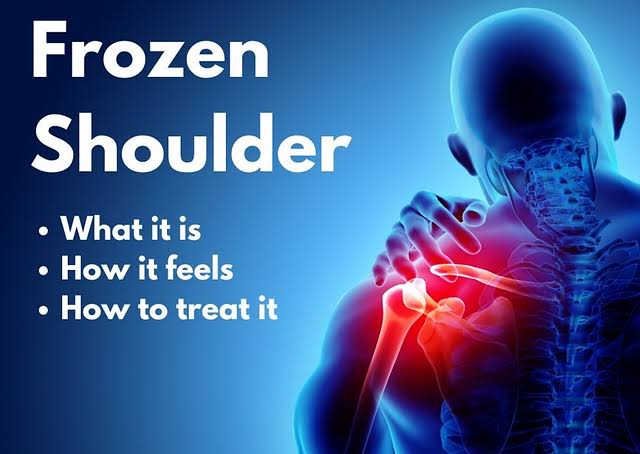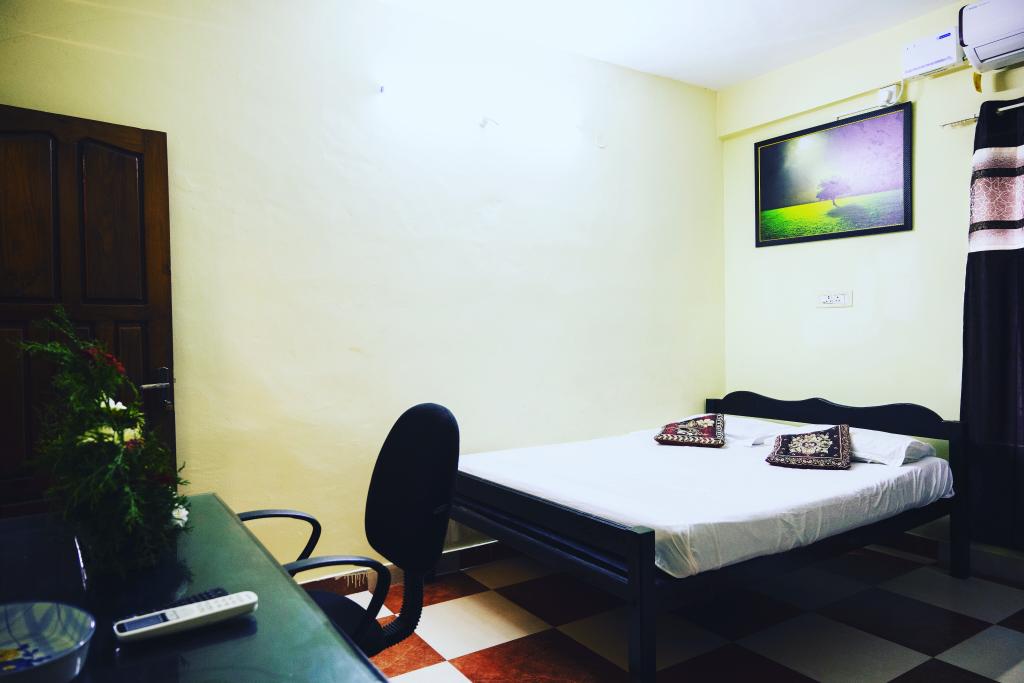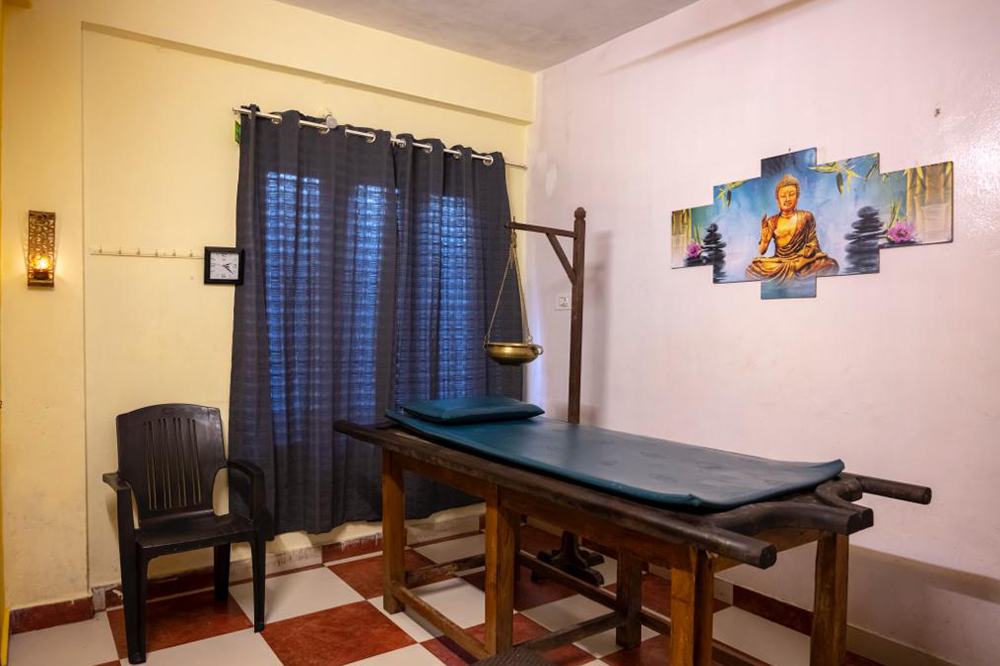Introduction
Frozen Shoulder, known as Apabahukam in Ayurveda, is a condition that primarily affects the shoulder joint (amsa sandhi). It is characterized by pain, stiffness, and severely restricted movement of the affected shoulder. This condition can be debilitating and significantly impact one's quality of life. In this comprehensive guide, we will delve into the Frozen Shoulder Ayurveda treatment perspective on the causes, signs, symptoms, andeffective treatments. We will place a particular focus on the diverse and holistic treatment approaches that Ayurveda offers for this condition.
Understanding the Causes (Hetu) of Frozen Shoulder
The causes of Apabahukam can be classified into two categories: Bahya hetu (external causes) and Abhyantara hetu (internal causes). External causes involve injuries to vital parts of the body, particularly the region surrounding the amsa sandhi. These injuries can range from minor traumas to more significant accidents. Additionally, improper postures and repetitive strain on the shoulder joint can also contribute to the development of frozen shoulder.
Internal causes, on the other hand, are related to factors that aggravate vata dosha, leading to its vitiation in the affected region. Vata dosha, one of the three primary doshas in Ayurveda, plays a significant role in joint health and mobility. The vitiation of vata can disrupt the normal functioning of the shoulder joint, leading to stiffness and pain.
In Ayurveda, whole-body movements are controlled by vata dosha. In the case of frozen shoulder, it's essentially a joint disorder where normal function is obstructed by various factors, either external (aganthu) or internal (nija). These factors block vata dosha, leading to its vitiation and a subsequent reduction in joint mobility.
Signs and Symptoms of Frozen Shoulder
Frozen Shoulder presents with several distinctive signs and symptoms, including:
-
Pain, Weakness, and Loss of Movement:
Patients with frozen shoulder experience pain and weakness in the affected shoulder. This pain is often exacerbated by overhead shoulder movements and may be particularly bothersome at night, especially when lying on the affected shoulder.
-
Reduced Range of Motion:
One of the hallmark features of frozen shoulder is a significant reduction in the range of motion. Patients find it challenging to perform even simple tasks that involve shoulder movement. This restriction in mobility can lead to frustration and a decreased quality of life.
Ayurvedic Treatment Approaches
Ayurveda offers a multifaceted approach to treating frozen shoulder. It includes a combination of therapies aimed at reducing pain, improving shoulder mobility, and addressing the underlying dosha imbalance. Some key treatment modalities include:
-
Nidana Parivarjana (Avoiding Causative Factors):
This step involves identifying and eliminating factors that contribute to the condition, both external and internal. Avoiding repetitive strain, maintaining proper posture, and protecting the shoulder from injuries are critical in this phase.
-
Abhyanga (Massage):
Therapeutic massages with herbal oils help relax the muscles and relieve stiffness in the shoulder joint. These massages not only provide relief from pain but also improve blood circulation in the affected area.
-
Swedana (Sudation Therapy):
The application of heat through various methods, such as steam or warm compresses, aids in relaxing the shoulder muscles. This therapy is particularly useful in reducing stiffness and improving the range of motion.
-
Uttarabhakthika Snehapana (Ghee Intake):
Internal oleation therapy involving the consumption of medicated ghee to alleviate vata dosha. Ghee, when taken internally, helps in lubricating the joints and reducing friction, thus enhancing mobility.
-
Nasya Karma (Instillation of Nasal Drops):
Nasya therapy can help balance doshas and promote overall wellness. In the context of frozen shoulder, it can aid in regulating vata dosha, which plays a central role in joint health.
-
Shamanoushadi (Intake of Medicines):
The administration of Ayurvedic medicines, tailored to the individual's condition, helps pacify the dosha imbalance. These medicines are carefully selected based on the patient's constitution and the predominant dosha imbalance.
-
Basti (Medicated Enema):
Basti therapy plays a significant role in pacifying vata dosha and is particularly effective for joint-related conditions. In the context of frozen shoulder, a specific type of basti known as Greeva Basti (neck and shoulder basti) is commonly employed. This involves retaining medicated oil or herbal decoctions over the shoulder joint, promoting healing and reducing stiffness.
-
Agnikarma and Oral Medications:
Agnikarma, a localized heat therapy, and the use of oral medications, such as guggulu and decoctions, can help alleviate pain and inflammation. Agnikarma is especially beneficial in targeting specific points of pain and improving local circulation.
The Role of Diet and Lifestyle in Ayurvedic Treatment
In Ayurveda, diet and lifestyle play a pivotal role in maintaining overall health and well-being. When it comes to frozen shoulder, it's essential to follow specific dietary recommendations to pacify vata dosha and support the healing process. Here are some dietary guidelines:
Warm and Nourishing Foods:
Consuming warm and nourishing foods can help balance vata dosha. Incorporate foods like soups, stews, and well-cooked grains into your diet.
Healthy Fats:
Ghee (clarified butter) is highly recommended for its lubricating properties. It can be used both for cooking and taken as a supplement.
Herbal Supplements:
Certain herbs, such as ashwagandha and guggulu, are known for their anti-inflammatory and pain-relieving properties. These herbs may be included in your dietary regimen.
Hydration:
Staying well-hydrated is essential to maintain joint health. Adequate water intake ensures that the joints are adequately lubricated.
Avoid Cold and Dry Foods:
Foods that are cold, dry, or raw can aggravate vata dosha. It's advisable to steer clear of such foods during the treatment period.
The Importance of Lifestyle Modifications
In addition to dietary changes, lifestyle modifications are critical in the management of frozen shoulder. Ayurveda encourages the following lifestyle practices:
Maintain Proper Posture:
Correct posture, whether during sitting or standing, is essential to prevent further strain on the shoulder joint. Avoid slouching or hunching over.
Regular Exercise:
Gentle and controlled movements are vital for maintaining joint mobility. Physical therapy exercises can be beneficial when prescribed by an Ayurvedic practitioner.
Adequate Rest:
Providing the affected shoulder with sufficient rest is crucial. Avoid activities that strain the shoulder joint and cause discomfort.
Stress Management:
Stress can exacerbate vata dosha. Engage in relaxation techniques such as yoga, meditation, and deep breathing to manage stress.
Ayurvedic Care:
Regular consultations with an Ayurvedic practitioner are essential for monitoring progress and making necessary adjustments to the treatment plan.
The Holistic Approach of Ayurveda
Ayurveda is inherently holistic in its approach to health and healing. It doesn't merely focus on alleviating symptoms; it addresses the root causes of the condition and aims to restore overall well-being. In the case of frozen shoulder, this holistic approach involves treating not only the affected joint but also balancing the individual's constitution and addressing any dosha imbalances.
Conclusion
In conclusion, frozen shoulder, known as Apabahukam in Ayurveda, is a condition that can severely affect one's quality of life. Ayurveda offers a comprehensive approach to address this condition by targeting the root causes and utilizing various therapies to alleviate pain and restore shoulder mobility. The holistic nature of Ayurvedic treatment ensures that the individual's overall well-being is considered in the healing process.
If you or someone you know is struggling with frozen shoulder, exploring Ayurveda's time-tested solutions may provide much-needed relief and a path to restored health. It's essential to consult with a qualified Ayurvedic practitioner who can tailor the treatment approach to your specific needs and constitution. With patience, adherence to treatment protocols, and the guidance of Ayurveda, the journey towards healing and restored mobility is entirely achievable.
FAQ's
1) What are the diet plans in Apabahuka?
A few changes in your diet plan can provide relief from frozen shoulder. Here are a few diet changes to manage frozen shoulder.
Include easily digestible foods and moist and oily foods such as;
- 1.Oil and ghee
- Soups and stews
- Oily foods like coconut, olives, buttermilk, cheese, eggs, milk, wheat, nuts and seeds.
- 4.All meals should be cooked warm and moist.
2) What should be avoided to reduce frozen shoulder?
- Cold showers or baths
- Excess use of air conditioning
- Excess dry, cold or raw foods
- Heavy exercises
- Improper sitting or sleeping positions
3. What are the Yoga poses which helps to reduce frozen shoulder?
- Paschima namaskarasana (Reverse prayer pose)
- Ardha matsyendrasana (Sitting half spinal twist)
- Bhujangasana (cobra pose)
- Halasana (plough pose)
- Dhanurasana (Bow pose)


























